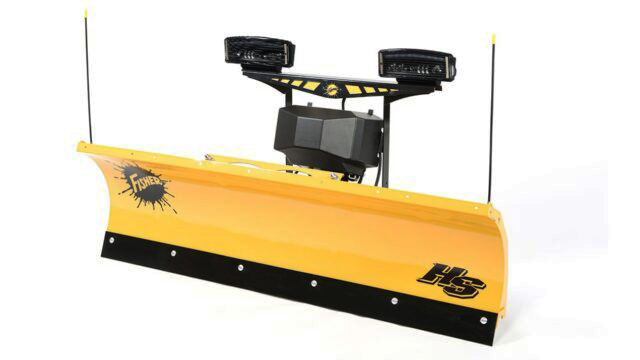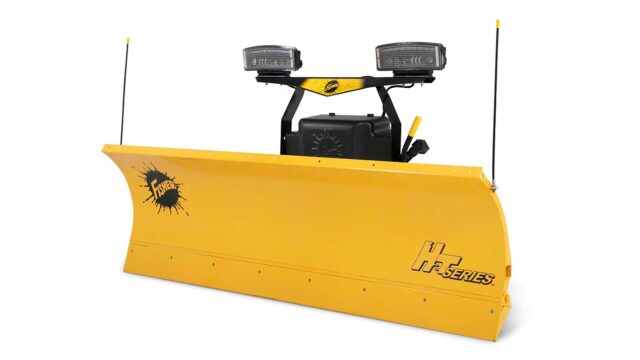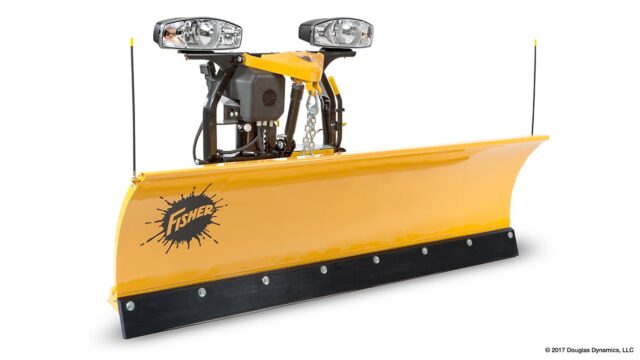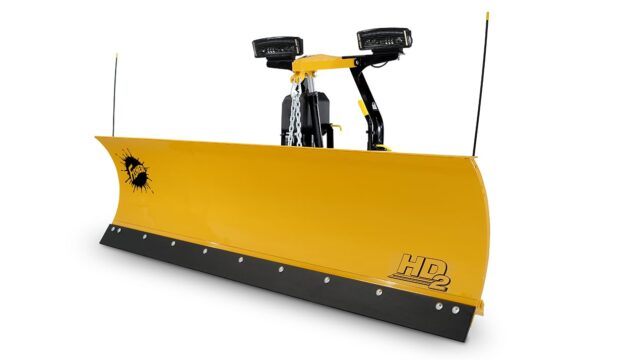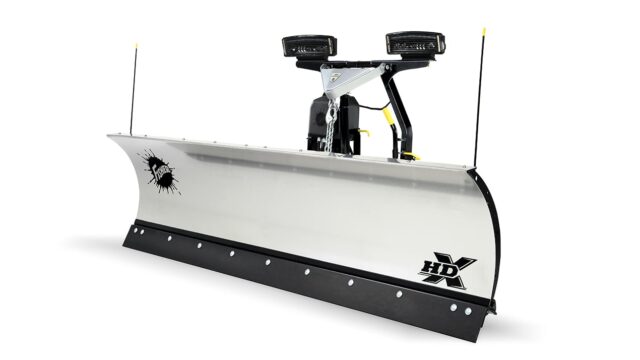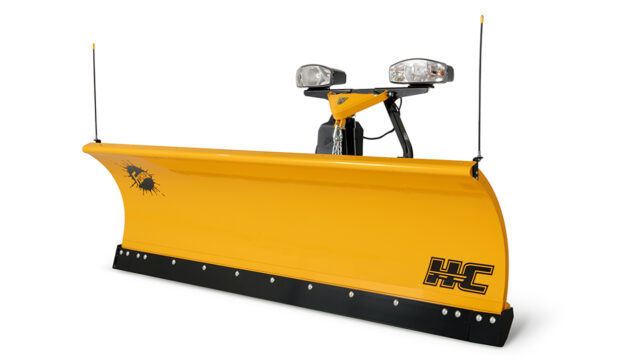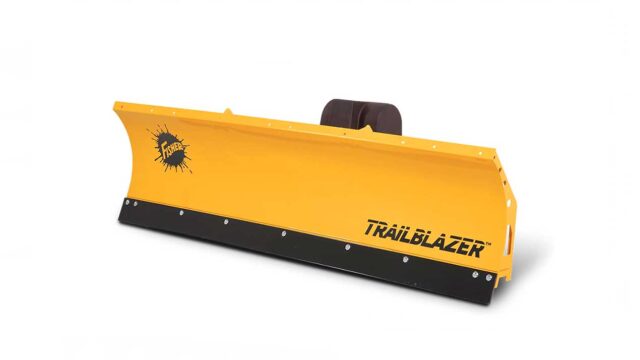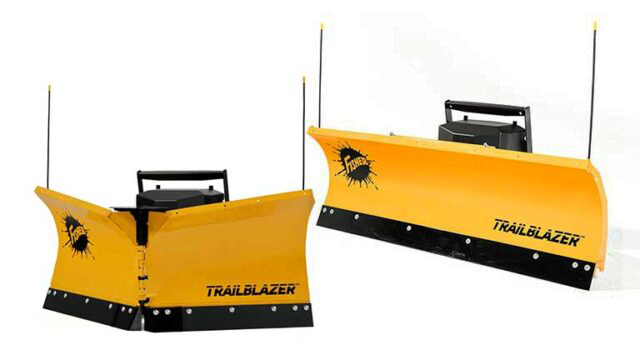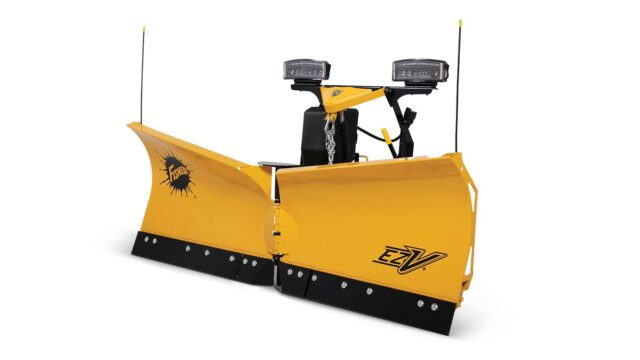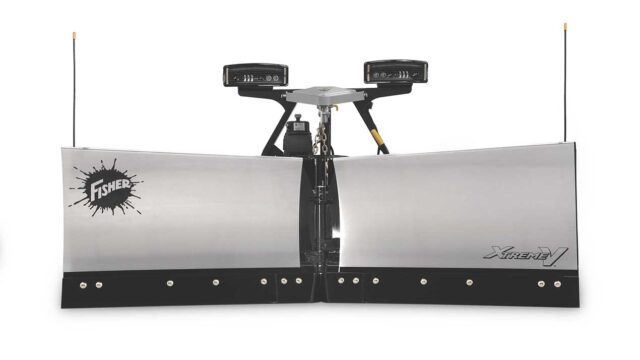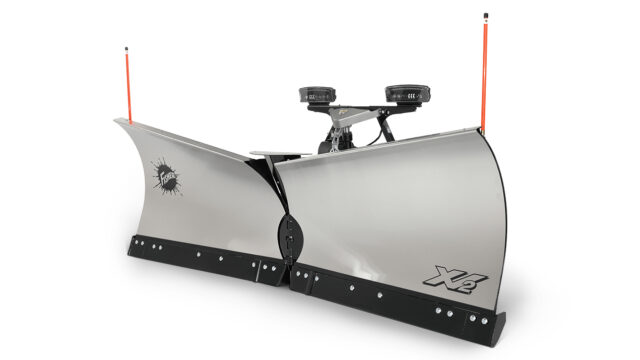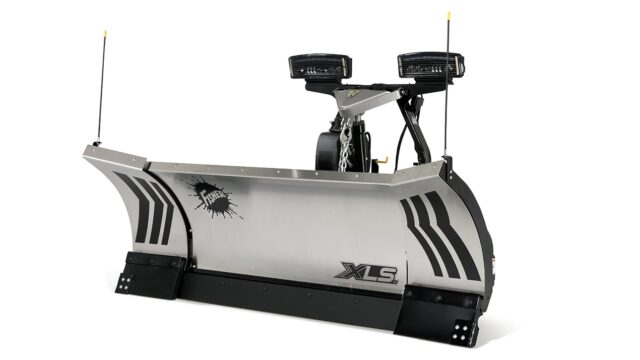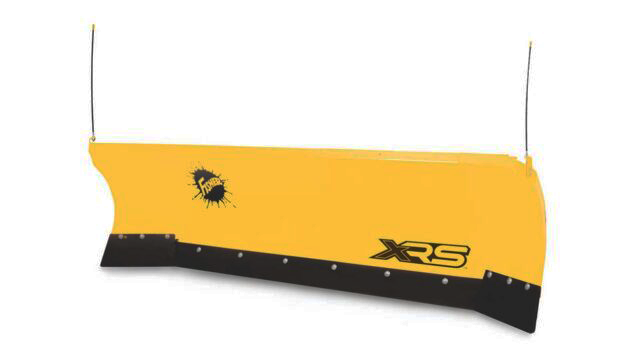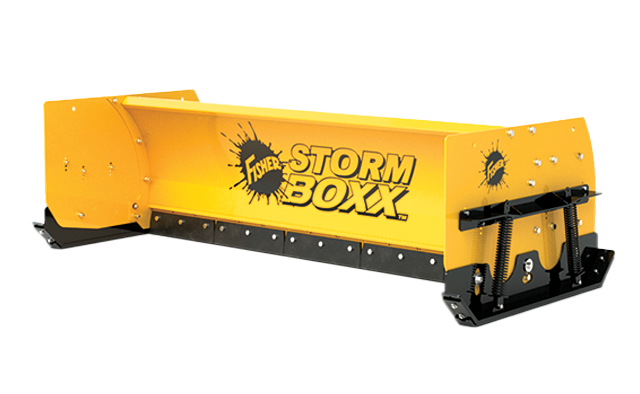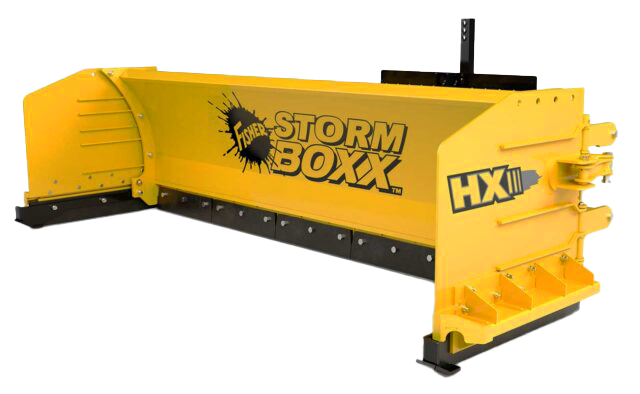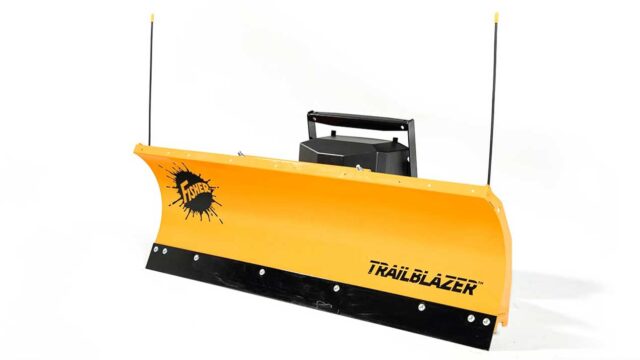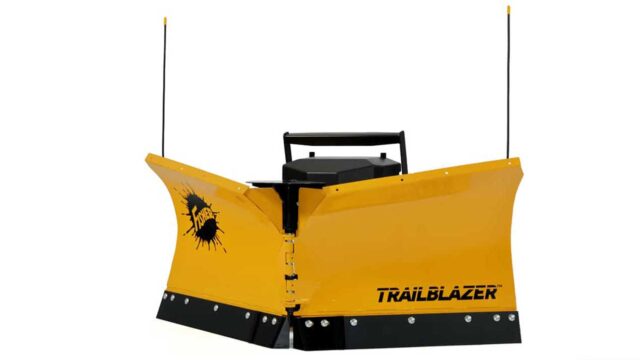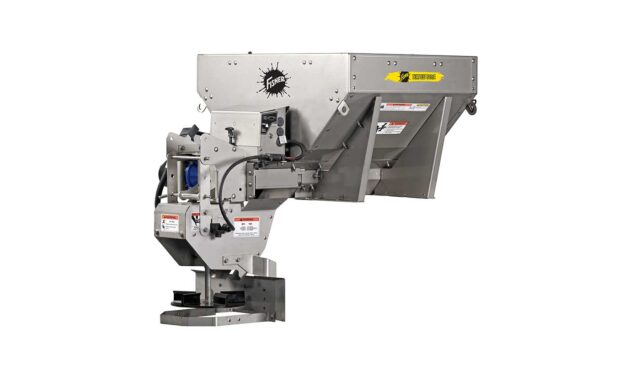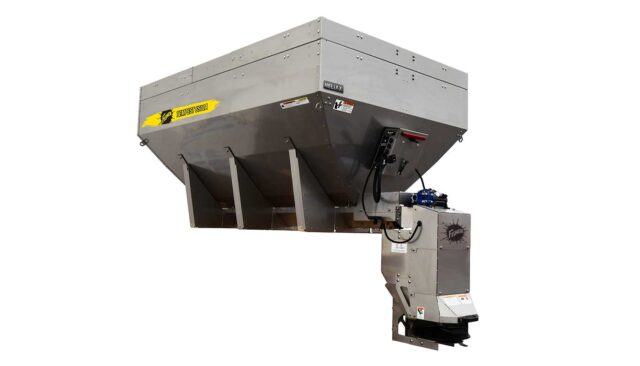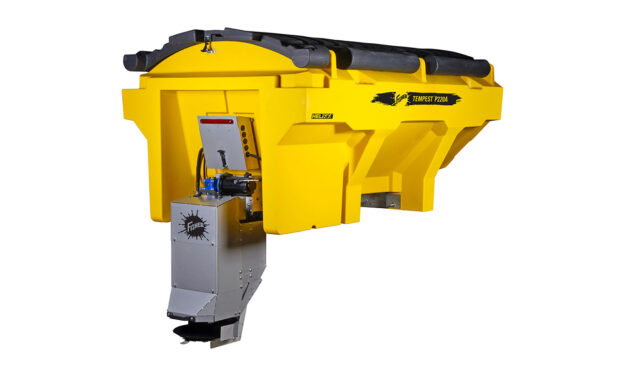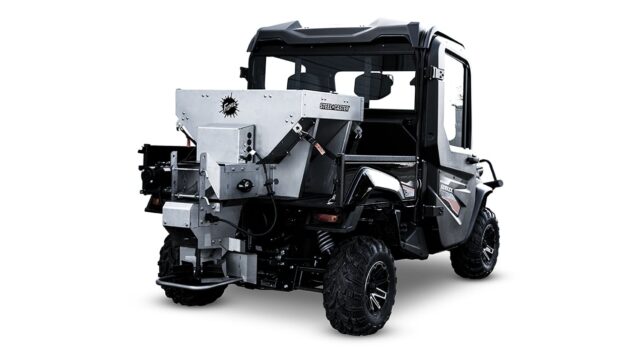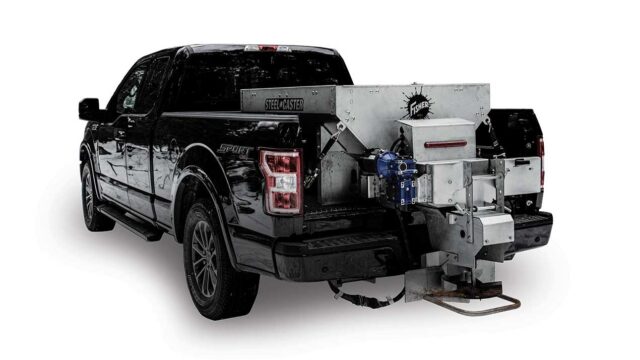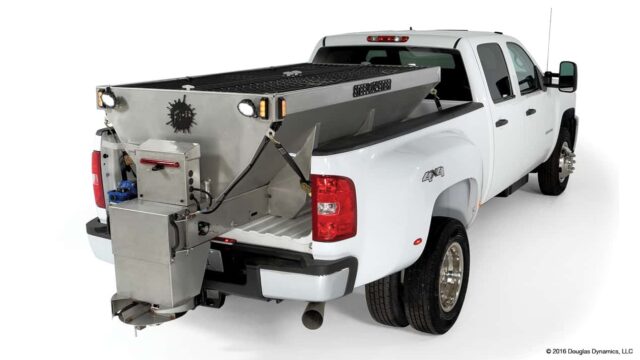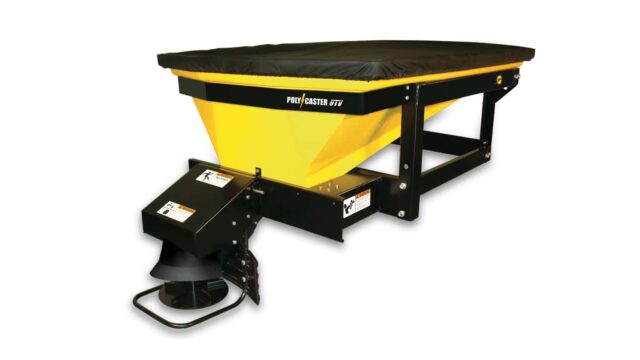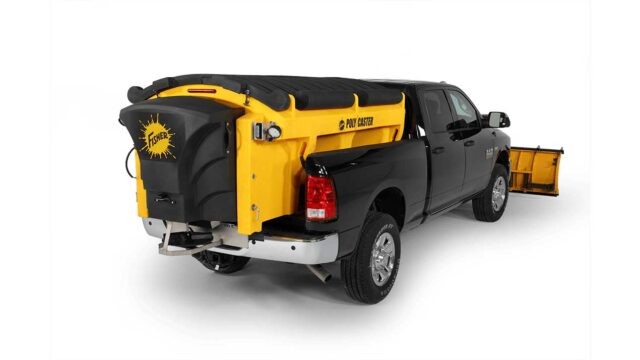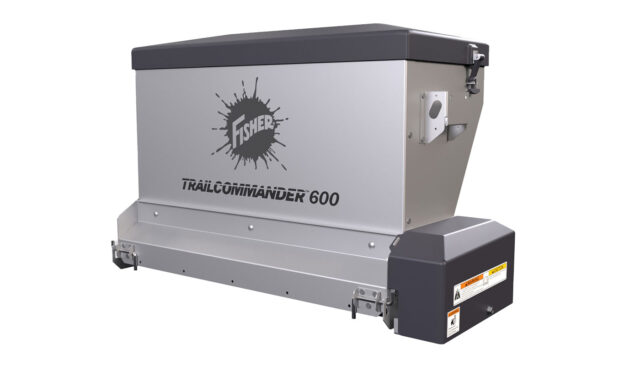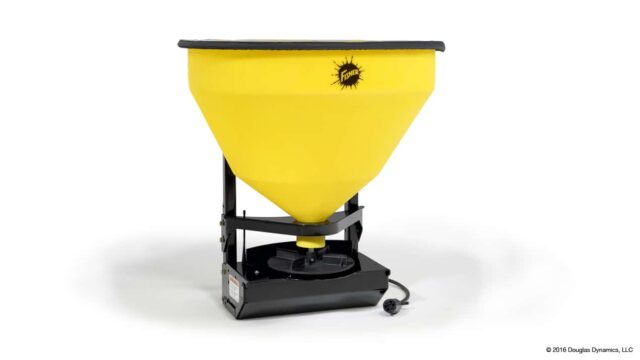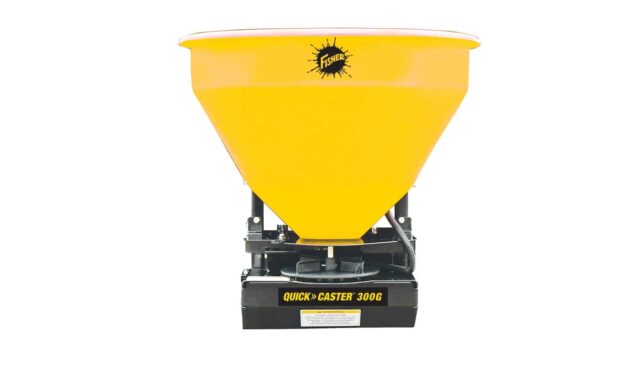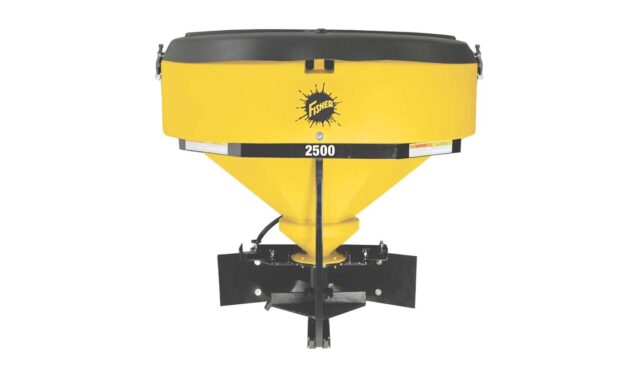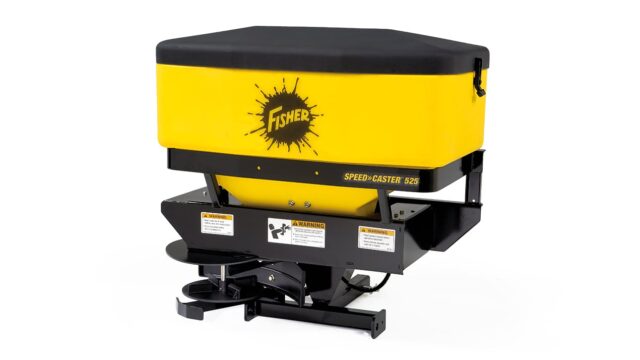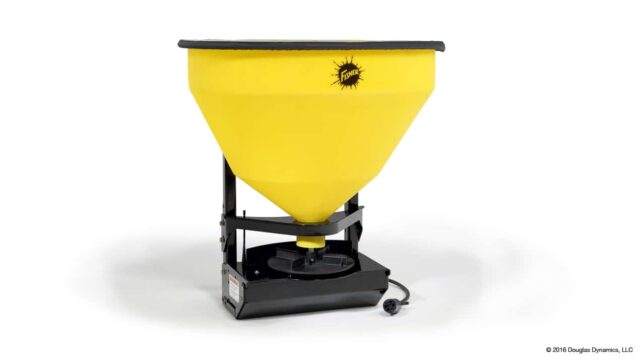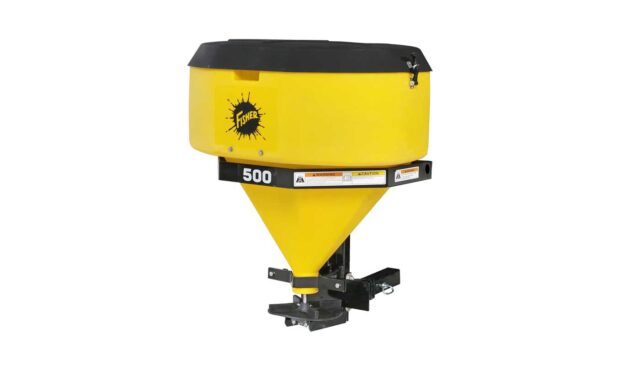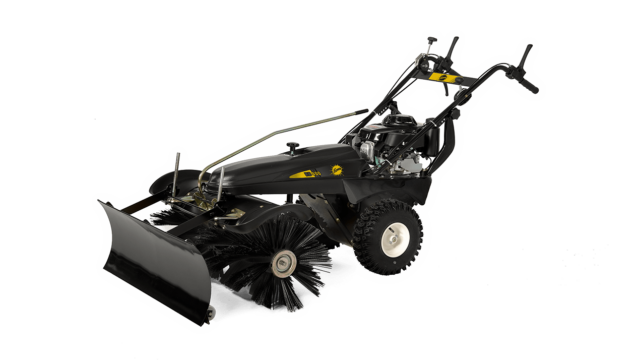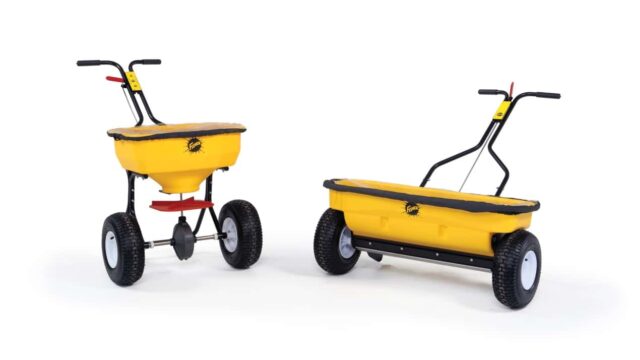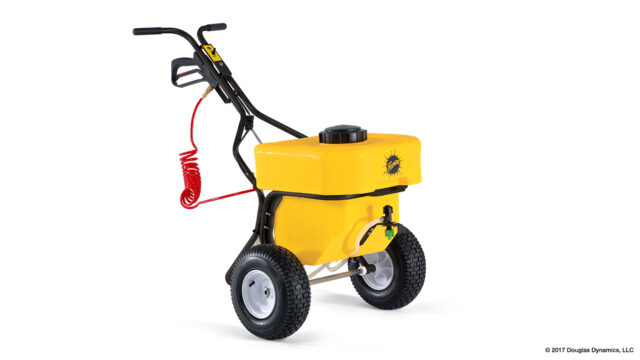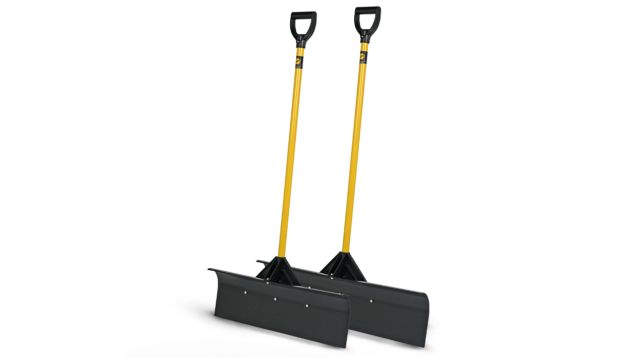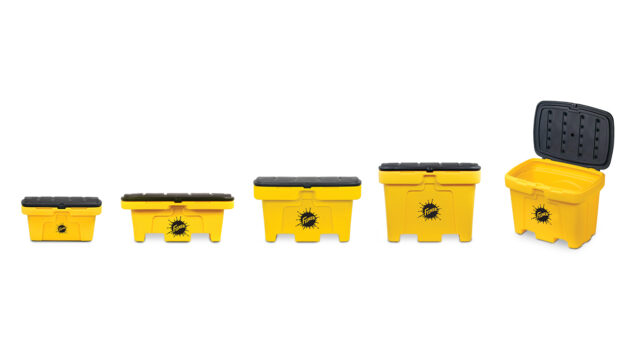6 Tips to Minimize Commercial Property Damage This Winter
Created October 17, 2017
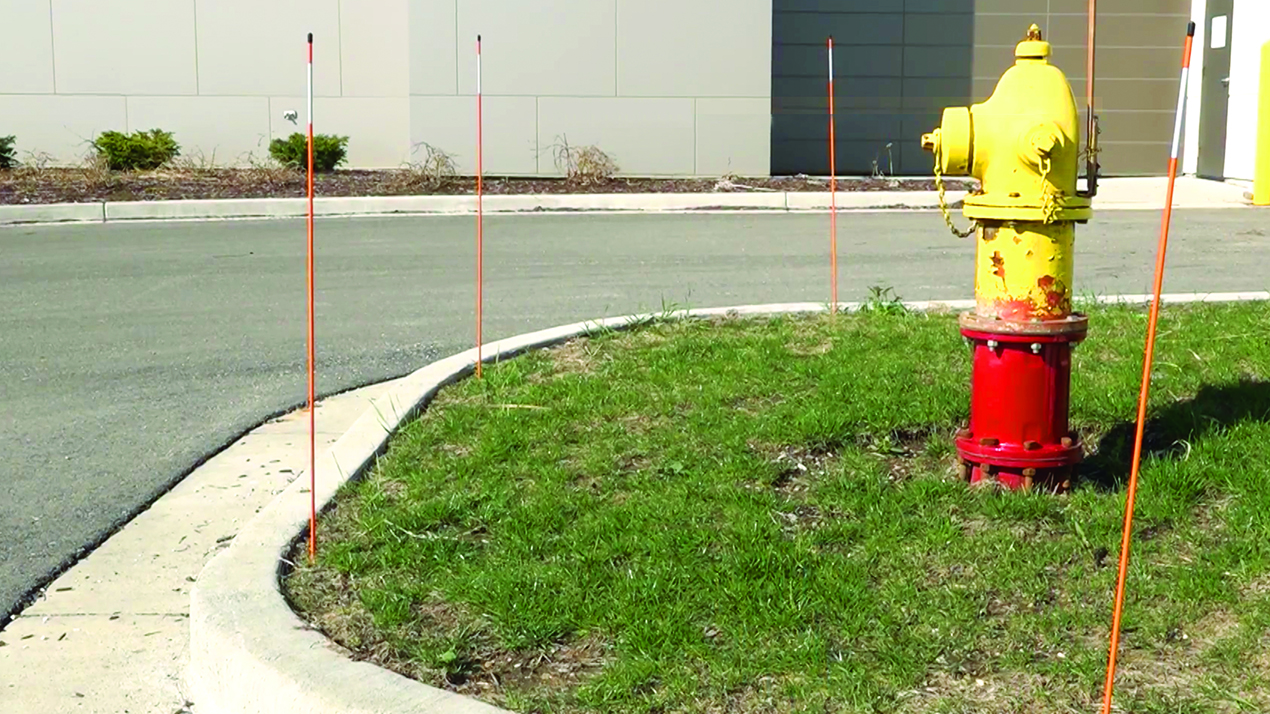
It’s better to be proactive than reactive when it comes to winter property damage. Start with a plan prior to any snowfall event and pay strong attention to detail during each storm. Follow these 6 tips to reduce commercial property damage this winter.
1. Walk and Mark the Property in Fall
Before any snow hits the ground, prep for the season ahead by walking the property and noting any existing damage. Place stakes at entry ways, curbs, public sidewalks, manholes, and any other obstacles you want to avoid. Not only will this minimize property damage but also protect your equipment.
2. Hire Experienced Plowers
Insufficient training and a lack of experience can be a destructive mix. The more up to speed your team is, the more efficient they will be and the less you’ll have to worry. Even though seasonal workers come at an inexpensive rate, it could be costly to your business due to their inexperience with the equipment and client property.
3. Use the Same Crew (But Always Have a Plan B)
Changing a crew in the middle of the season isn’t an ideal setup and can cause confusion since they aren’t as familiar with the property. But life doesn’t always go according to plan—if you get stuck in a situation where you need to switch plowers, make sure to have site maps readily available for each location. These documented overviews will point out areas to watch out for and should include notable tips from the preseason walk through.
4. Ensure Your Plow Blade Is Leveled Properly
If your blade is too low to the ground or uneven, you could risk damaging the pavement. After repeated scrapes, the asphalt sealant can deteriorate and leave the surface unprotected. It’s a best practice to not exceed 10 mph while plowing to get a more even scrape. Plus, you’ll be more efficient by taking fewer passes in order to clear the pavement.
5. Don’t Drive Distracted
When you’re distracted, mistakes happen. Avoid using your cell phone, playing with the radio, or dosing off from a lack of sleep. Even the best drivers start to get tired after working 14 to 16 hours straight. Have a plan to rotate shifts to avoid a potential safety hazard and reduce stress.
6. Use Just The Right Amount of Salt
To avoid slip and fall incidents, most commercial properties want salt spread but there is such a thing as too much salt. It can create sidewalk spalling, concrete scaling and damage to entryway floors. After plant roots absorb the salt, it can “burn” the surrounding landscape creating damage and dead foliage. It’s also a risk to pedestrians when it creates an uneven surface.
Now that you know the 6 tips, your team can proactively minimize damage to commercial properties this winter.
Go big with snow removal and get the equipment that’s going to get the job done all season long. The award-winning STORM BOXX™ pusher plows with TRACE edge technology move massive amounts of snow, so you can get more jobs done faster and better.
